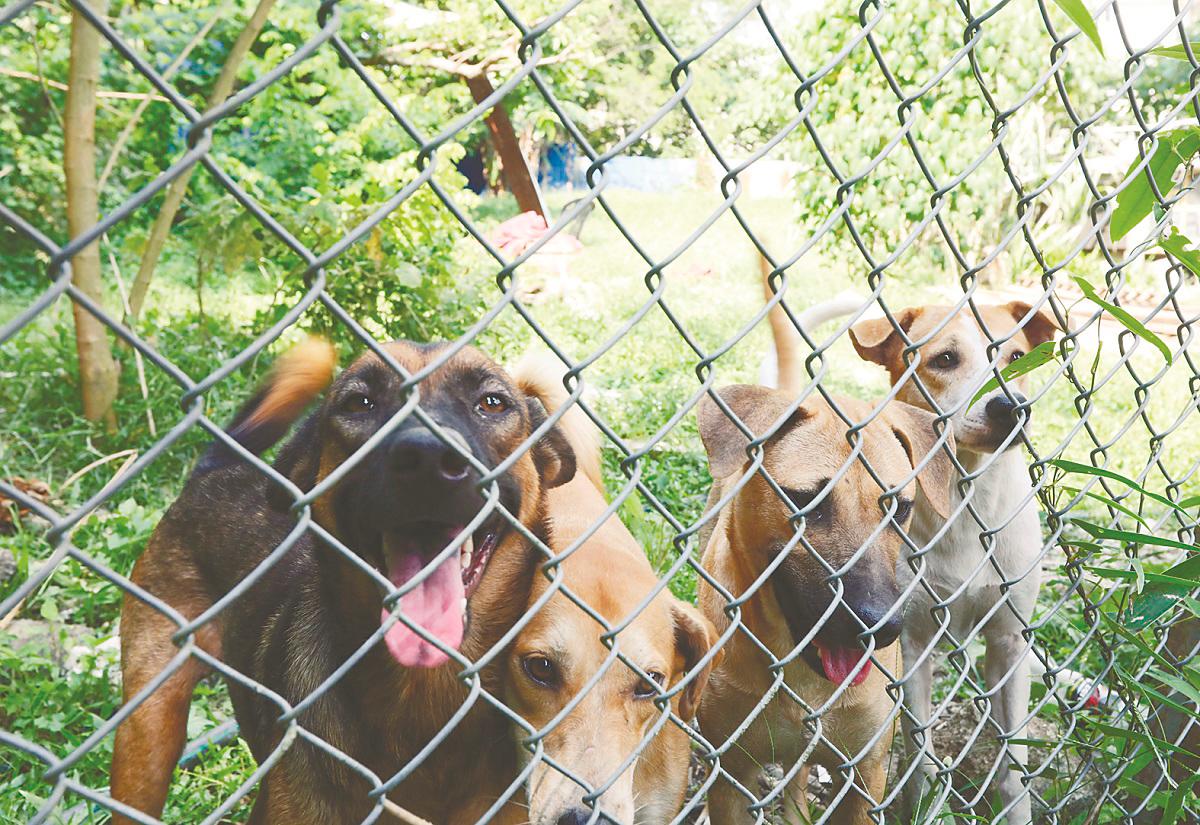IN a span of days, Malaysia bore silent witness to three deeply unsettling episodes – separate in detail but unified in a pattern of human dominance over the voiceless.
From the state-sanctioned killing of stray dogs in Negeri Sembilan to a captured monkey drenched in blue paint, and now, to bulldozers flattening green sanctuaries in the heart of Putrajaya – all speak of a society slowly forgetting its moral contract with the creatures that share its space.
In Negeri Sembilan, all state assembly members have unanimously agreed that stray dogs in predominantly Malay residential areas must be culled to “address public disturbance and safety concerns”.
It is a decision cloaked in administrative justifications, yet stripped of empathy and devoid of public discourse. No attempt was made to explore sterilisation programmes, designated stray zones or community partnerships. The vote was clear: lives that inconvenience shall be erased. This is not governance; it is extermination.
These dogs, born into neglect, often rely on human scraps and street kindness to survive. To declare them threats and execute them en masse is not only cruel – it is morally bankrupt.
Worse still, it teaches our young that life – when unclaimed or misunderstood – is disposable.
As this tragedy unfolded, another one entered our screens.
A video surfaced of an elderly man gleefully spraying blue paint onto a monkey trapped in a cage. The paint flooded the animal’s eyes and mouth, visibly burning and choking it. The monkey did not resist. It simply cowered, humiliated and helpless. The man laughed. The internet raged.
But rage is no substitute for reform. This cruelty, casual and public, is not rare. It is tolerated and tolerance is complicity. What is missing is not enforcement; it is empathy. Not just punishment but prevention.
And now, we turn to Putrajaya – our seat of power – where yet another assault on the powerless is quietly underway.
Just in front of the ministries, land once rich with green cover has been razed for the construction of a wet market – in the heart of one of the busiest administrative precincts in the nation.
Here, civil servants converge, international delegates are hosted at Putrajaya International Convention Centre and the machinery of government turns daily. Yet now, this environment is to be interwoven with the congestion of vendors, delivery trucks and market-goers.
And at what cost?
The land that was cleared was home to a thriving population of wildlife: long-tailed macaques, dusky leaf monkeys and musang pandan (palm civet). When the clearing began months ago, at least four musang pandan were found dead – struck by vehicles as they fled the destruction of their habitat. Bulldozers did not just remove trees – they erased lives.
Once the market is operational, the scent of fresh produce will attract surviving wildlife back to their old territory. They will forage through trash, be seen as pests and inevitably be
culled following complaints from the very establishments that displaced them.
My question is this: Who approved the idea of placing a wet market in the middle of Putrajaya’s core governmental hub? Did no one pause to consider the optics, the congestion or the ecological consequences? Did no one ask whether the “development” of one corner may signal the destruction of an entire ecosystem?
All of these incidents – culling dogs, torturing monkeys and bulldozing habitats – reflect a singular truth: when human convenience collides with animal survival, we have made it clear who must retreat or perish.
But that truth is not unchangeable.
We must demand more from our leaders, our neighbours and ourselves. We need urban planning that respects ecological integrity. We need legislation that enforces protection, not just punishment. We need a cultural shift that elevates compassion over conquest.
We cannot bring back the dead civets. We cannot unpaint the monkey’s face. We cannot revive the strays.
But we can choose to no longer look away. Let us remember this not as an aberration
but as a turning point – when Malaysians finally say: enough.
Comments: letters@thesundaily.com









